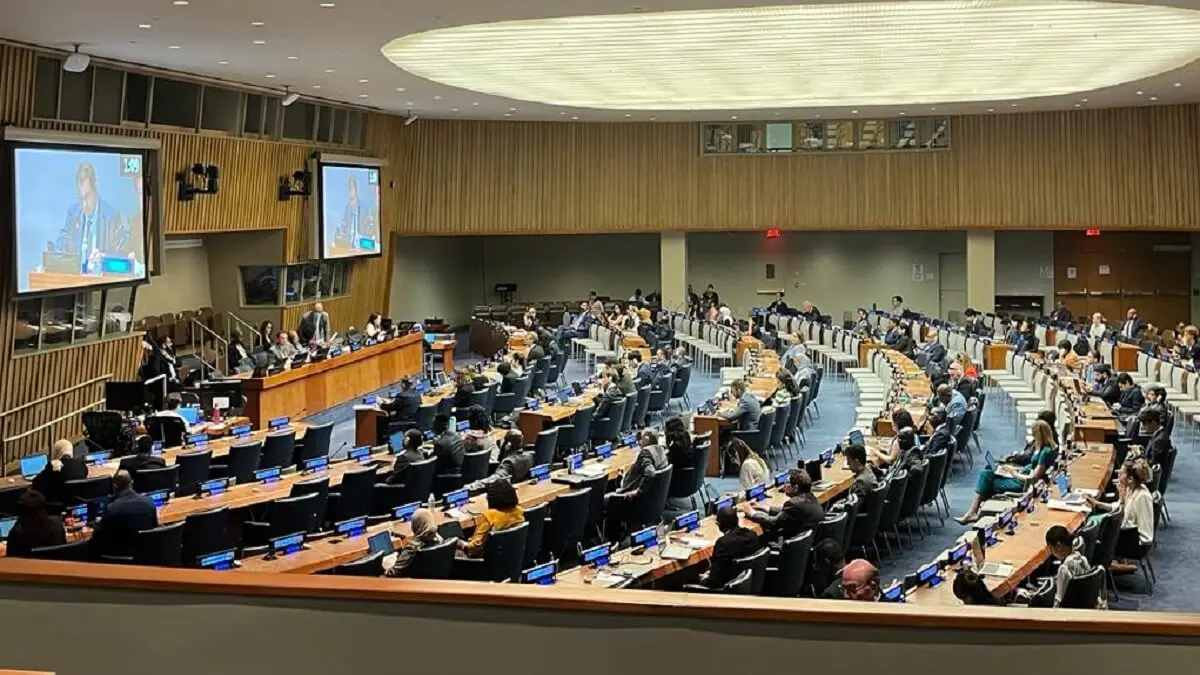Morocco urges global shift to human rights-based anti-corruption strategy at UN gathering

Morocco has called on the international community to place human rights at the centre of global anti-corruption efforts, positioning the Kingdom as a leading advocate for diplomacy rooted in legal principles and preventive action.
Speaking at a high-level meeting on the margins of the 59th session of the UN Human Rights Council in Geneva, Moroccan Ambassador Omar Zniber, Permanent Representative to the United Nations, emphasized the need to align anti-corruption strategies with human rights frameworks.
The meeting was organised by the core group behind the resolution on “the negative impact of corruption on human rights,” and co-hosted by the Office of the High Commissioner for Human Rights, Transparency International, and the UNCAC Coalition.
“Corruption fuels inequalities, weakens social cohesion and hinders access to fundamental rights,” said Ambassador Zniber, highlighting the broader societal damage inflicted by corrupt practices and the urgent need for a response rooted in human dignity.
Zniber outlined Morocco’s own trajectory in integrating anti-corruption efforts with human rights principles, pointing to key institutional reforms and legal frameworks.
He cited the 2011 Constitution, which enshrines the right to access information, and the establishment of the National Probity Authority as milestones in the Kingdom’s evolving governance architecture.
The ambassador also drew attention to the legacy of the Marrakech Declaration of 2011, which continues to guide Morocco’s preventive approach to tackling corruption.
This declaration, crafted under Morocco’s leadership, advocates for greater global cooperation and the use of soft power to uphold the rule of law.
Morocco’s intervention comes amid a growing international consensus that traditional anti-corruption models are insufficient on their own.
As corruption increasingly erodes trust in public institutions and undermines sustainable development, countries are being urged to adopt approaches that safeguard civic freedoms, protect whistleblowers, and ensure accountability through transparent governance.
By anchoring anti-corruption strategies in human rights, Morocco aims to promote a values-based diplomatic model that enhances both national integrity and international cooperation.
The Geneva session marked another step in bridging the long-separate worlds of corruption prevention and rights protection—a shift many now view as essential to building more just and resilient societies.
About The Author
dailymailafric
I am an avid African news observer, and an active member of Daily Mail Africa.
I’m Passionate about staying informed on diverse topics across the continent,
I actively contribute to publishing on political, economic and cultural developments in Africa.



